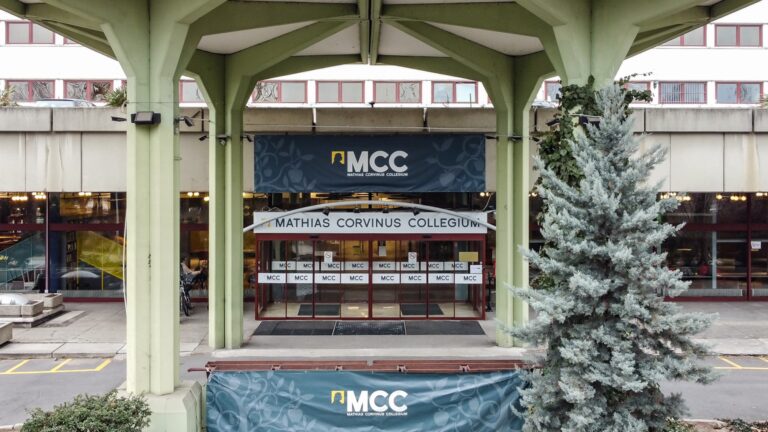Károly Makk (1925–2017) is one of the most famous and decorated Hungarian producers. He was dedicated to film making from very early on in his life. In 1946 he was admitted to the College of Theatre and Film Arts, but just before graduating he was dismissed from the university because one of his assignments lacked socialist-realist elements, which was a propaganda requirement of the strengthening state-socialist regime at the time. For a while, he had to do some physical work to get by, but fortunately, his professor, who immediately recognised his talent, helped him to receive his diploma – even if somewhat informally. After these initial difficulties, with the softening of the regime, he could start producing his first movies. He soon became a recognised talent both in Hungary and abroad. One of his feature films, Love (a movie, which was not allowed to be produced for six years due to state-socialist censorship) made it to The Guardian’s top 100 movies of all time in 2001. Among many other awards, he was presented with the Lifetime Achievement Award at Figueira da Foz IFF in 1986 and the Kossuth Prize in 1973 for his achievements in creating and popularising Hungarian arts.
Although Liliomfi was Makk’s first feature film, it soon became the most watched romantic comedy in the country
The movie, Liliomfi, is based on Szigligeti Endre’s comedy. It was produced in 1954, and a year later it was entered to the Festival de Cannes. Although Liliomfi was Makk’s first feature film (he was only 28 when he directed the movie), it soon became the most watched romantic comedy in the country. Soon after it was released it was watched by 7 million viewers, which is quite an achievement in a country of 10 million. It is still popular in Hungary – in 2012 the Hungarian Academy of Arts selected it to be one of the 53 best Hungarian movies ever produced. What is special about the circumstances within which the movie was produced is that after the Stalinist dictatorship in Hungary (where only propaganda movies could be produced) started to ease, suddenly this art form was allowed to be used for pure entertainment purposes. Makk’s movie was one of the first movies lacking any state propaganda – it was made for popular consumption without any political goals lurking in the background.
The movie is set in Balatonfüred, which is a popular summer resort at Lake Balaton. The little town is full of excitement as a group of travelling actors has just arrived there to perform Romeo and Juliet. During the performance, the young actor, Liliomfi, playing the role of Romeo falls in love with a young lady, Mariska, from the audience. It is true love for the first sight, but also a prohibited one. They both have an arranged marriage; with a partner they have never met before. The situation is further complicated when Liliomfi’s uncle shows up and it is revealed that Liliomfi is not an impoverished, but a talented actor as he masquerades himself travelling from town to town. He is a rich aristocrat and his uncle demands him to behave as such, to give up his unworthy profession as an actor and marry the woman he was always destined to be wed with. Although the young couple needs to face a number of challenges, misunderstandings and complications, their true love eventually triumphs all adversaries.
It is not only their love which is fulfilled by the end of the movie, Liliomfi also helps his friend, a waiter to get the permission of his sweetheart’s father to the relationship. Due to a minor misunderstanding, the father is tricked into believing that the waiter is a noble, so he approves of his and his daughter’s love. The waiter proudly acting as an aristocrat and the father suddenly changing his attitude, bowing to the young peasant is one of the most memorable scenes in the movie. As such, the movie is about the triumph of love – despite social classes and differences, despite parental prohibitions and the costumes of the time, true love triumphs.








